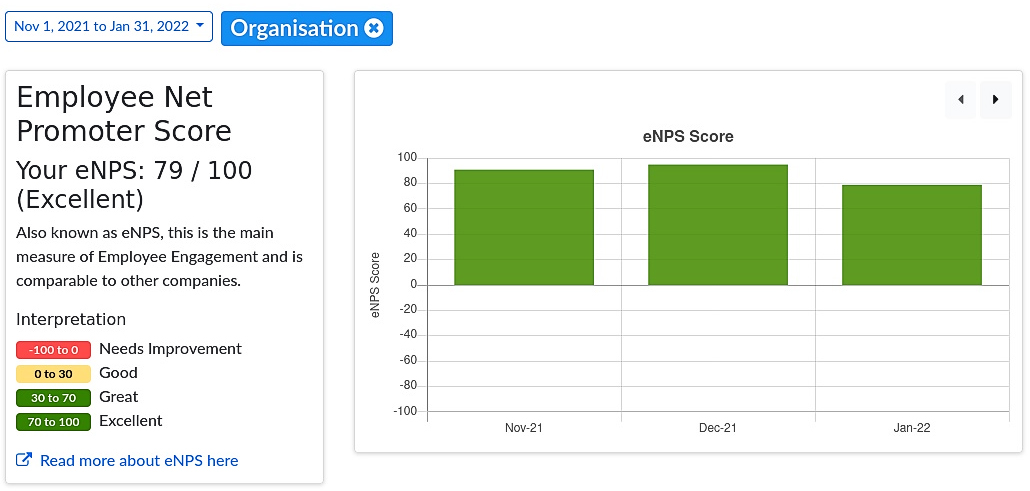Polymorph places a high premium on employee engagement as people are where our core value lies. When Polymorph was founded approximately 12 years ago, the founders were located across the Western Cape. It was challenging to find an office space that was convenient for everyone and so the Polymorph skill set of working remotely was born. Today, remote work is built into the DNA of our company and we have refined our approach to remote work to ensure it is done effectively while still making sure everyone feels like part of a team. This frequently takes the form of scheduling informal interactions (such as a coffee chat or a quick round of some online game) in the calendar. We jokingly refer to this as scheduled spontaneity.
Employee happiness or employee morale?
When embarking on a journey of employee engagement and building a company culture that is conducive to employee retention, it is simply not enough to ask, “are you happy at Polymorph”. Engagement and happiness do not mean the same thing. Using “happy” as a metric does not indicate actual team well-being or offer practical avenues for improvement. Happiness comprise too many variables to be a useful metric: it is too easy to receive the question at a moment when you happen to be especially happy (maybe you finished the Argus in a really good time this past weekend); or unhappy (maybe your pet is really sick). Making employees happy is vastly different to making them engaged (also – “make other people happy” is an impossibly tough assignment, they should really take responsibility for that themselves).
We therefore shifted our focus to measuring and building morale rather than attempting to ensure subjective employee happiness. When the morale of a team is high, the team members are willing to go the extra mile to complete a task despite the fact that it might temporarily make them a little bit unhappy. They appreciate that it’s for the greater good. For example, consider an introverted developer that really does not like being the centre of attention (let’s call her Alice). Imagine Alice is with her team in a progress review meeting when the client asks the team for a direction change, and Alice realises that this change will introduce risk – which can be removed by modifying the client’s proposal slightly. If her morale is high, she is far more likely to overcome her discomfort and speak up – even though this will instantly focus all the attention in the room squarely on her. Maybe it bears saying explicitly: In this situation it is highly desirable for Alice to speak up about the risk she sees as well as the mitigation. Not only is it an effective way to reduce risk in the project, it is also an effective way to build trust between the team and the client.
The easiest way to measure people’s engagement is to ask them a variety of questions. To this end, we use a focused survey which we, combined with a Roslin survey, administer to all our employees on a rotational basis every two weeks.
Focused Polymorph survey
Employee morale is typically associated with a willingness to work despite challenges. Employees with high morale are committed to the organisation and its goals. Accordingly, Polymorph’s in-house survey comprises specific questions about how an employee feels about their work in their current team and aims to gauge the morale of each team every 2 weeks. The survey contains statements such as “in my team, I feel fit and strong” and “I am proud of the work that I do for my team”. Employees are asked to rate these statements on a scale of 1-7. These ratings are collected and considered every two weeks and used to unearth the reasons that may affect staff morale and hamper employee engagement and to formulate the necessary countermeasures or responses.
Roslin survey
In the alternate weeks, we administer an automated Roslin survey to measure employee engagement and eNPS. For each survey, the system selects 8 predeveloped questions, each of which is linked to an “engagement driver” (for example, the question “I understand the company’s plans for future success” is linked to the driver, “trust in senior leadership”). A powerful aspect of Roslin lies in its ability to ensure employee anonymity. Employees can complete the survey on the Roslin platform anonymously and add additional text to their survey rating that also remains anonymous. I read through all these comments as they come in, and am able to respond to them. This sometimes turns into a back and forth conversation over Roslin – while I’m not anonymous in the conversation, the other person remains anonymous throughout. This results in people being more candid and honest in their replies, and including more details (sometimes personal, non-work related detail that nevertheless affects them at work). This helps us all in several ways: Sometimes I realise from reading Roslin comments that there is something that just has to be dealt with directly and openly, like the time someone commented that “I don’t have a direct supervisor right now”. This was just untrue, everyone here has a reporting line, but more importantly, the comment meant we were doing poorly at communicating that. Consequently, we were able to fix that by pointing out the organogram in the employee manual to everyone. Other times I can be a bit of a soundboard and even give advice. Sometimes all the person at the other end needs is to say what is bothering them, and I can be a sympathetic ear. Conceivably, one of our engagement drivers could start getting lower ratings – which we will be able to notice early and can then deal with the underlying problem proactively.

Roslin survey Polymorph employee summary score
Conclusion
“At Polymorph we make a real effort to cultivate a culture of inclusivity while ensuring that we promote respect and fairness for all. We foster employee engagement and ensure that we truly value our employees as they are pivotal to our business. We believe that if we continuously engage our employees and base our company culture on our core values, most of the other aspects such as great client service and building an enduring reputation will follow naturally”
If you would like to become part of a software development company that specialises in delivering great business value for their clients please visit our careers page.



